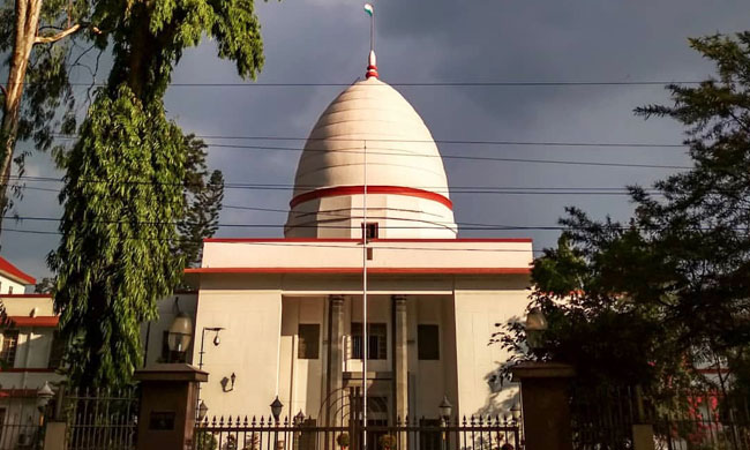Thorough Enquiry Is A “Condition Precedent” Before Declaring Any Monument As 'Ancient': Gauhati High Court
LIVELAW NEWS NETWORK
4 Dec 2024 6:42 PM IST

Next Story
4 Dec 2024 6:42 PM IST
The Gauhati High Court on Tuesday (December 03), in a writ appeal, quashed a declaration issued by the District Magistrate, Kamrup (M) in 2005, declaring the Christian Cemetery located on Dag No.183 of Sahar Guwahati Part-VII as Heritage site on the ground that the impugned declaration was neither issued by the authority conferred under the Assam Ancient Monuments and Records Act, 1959, nor...
